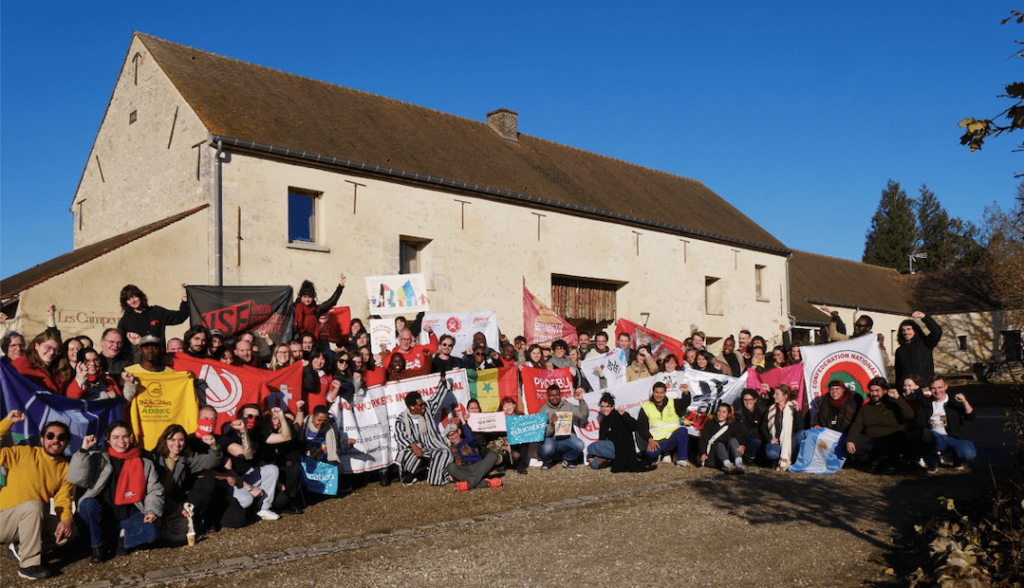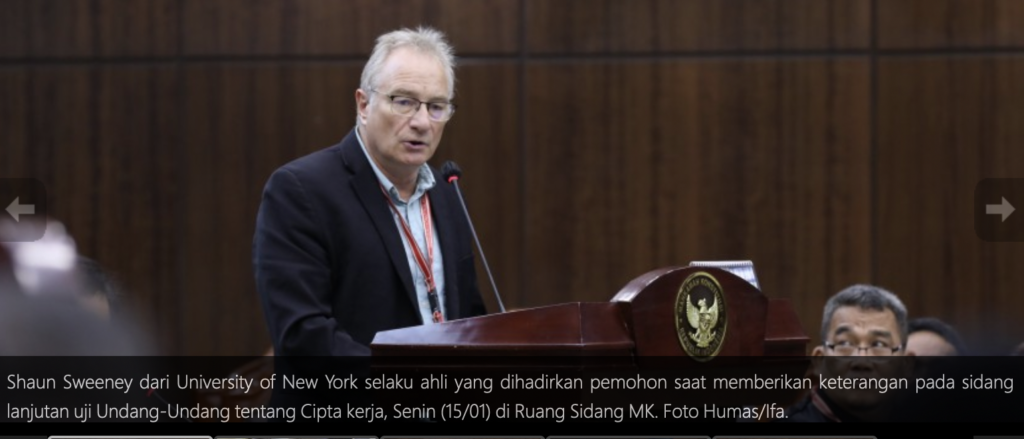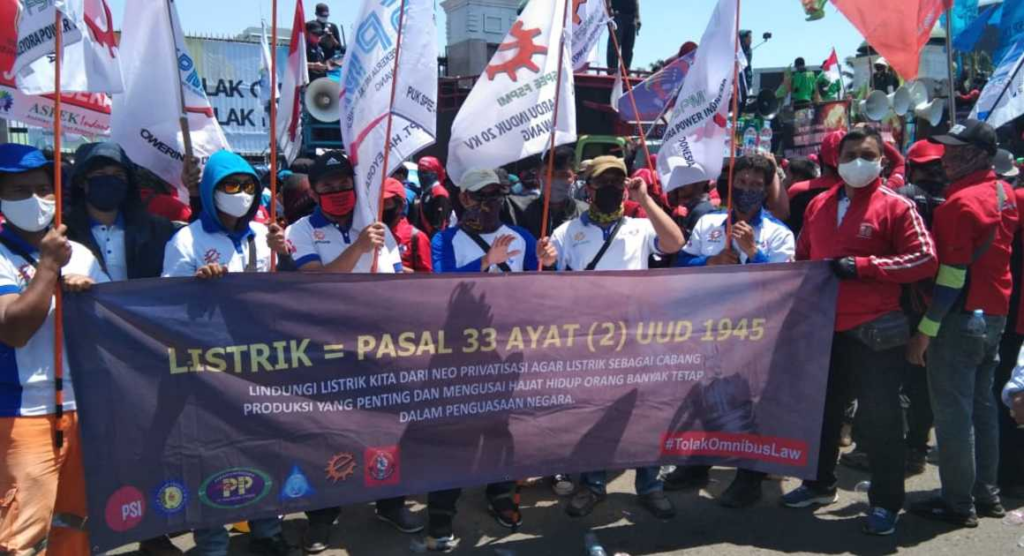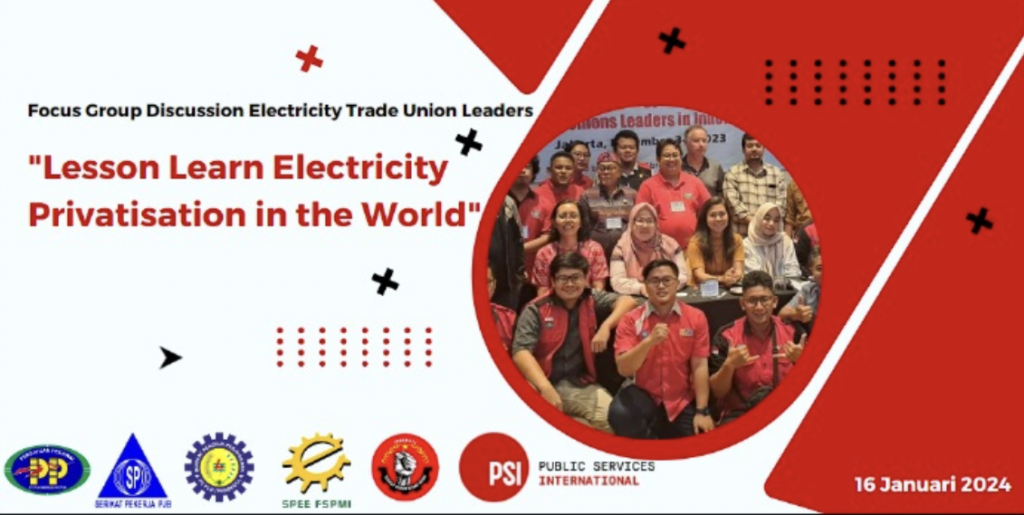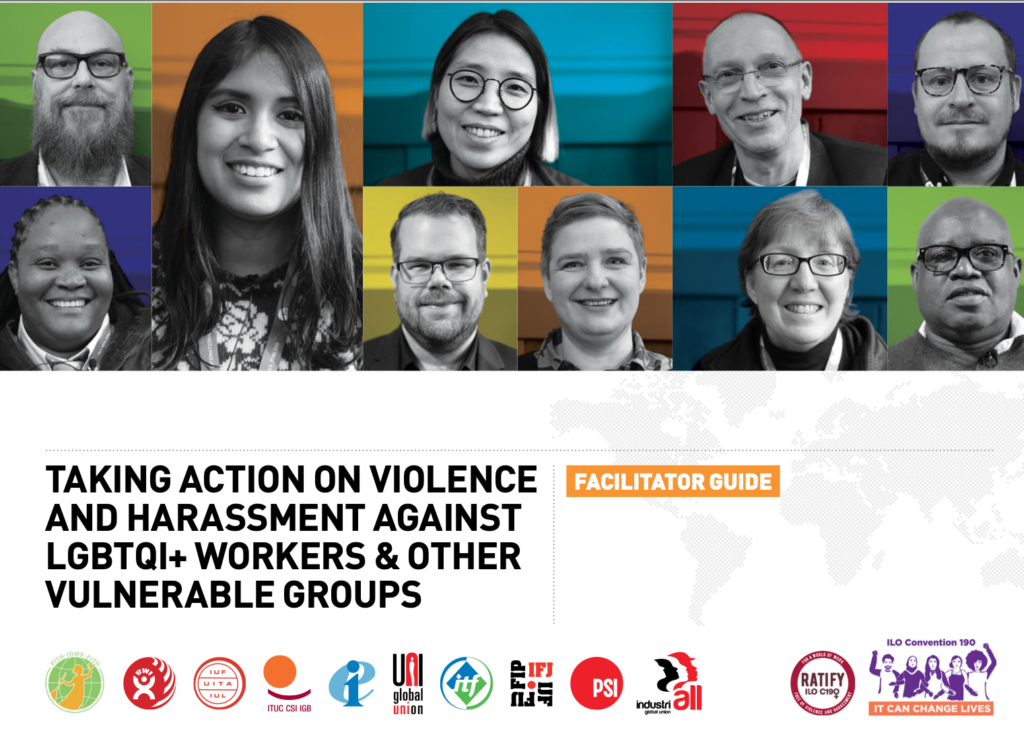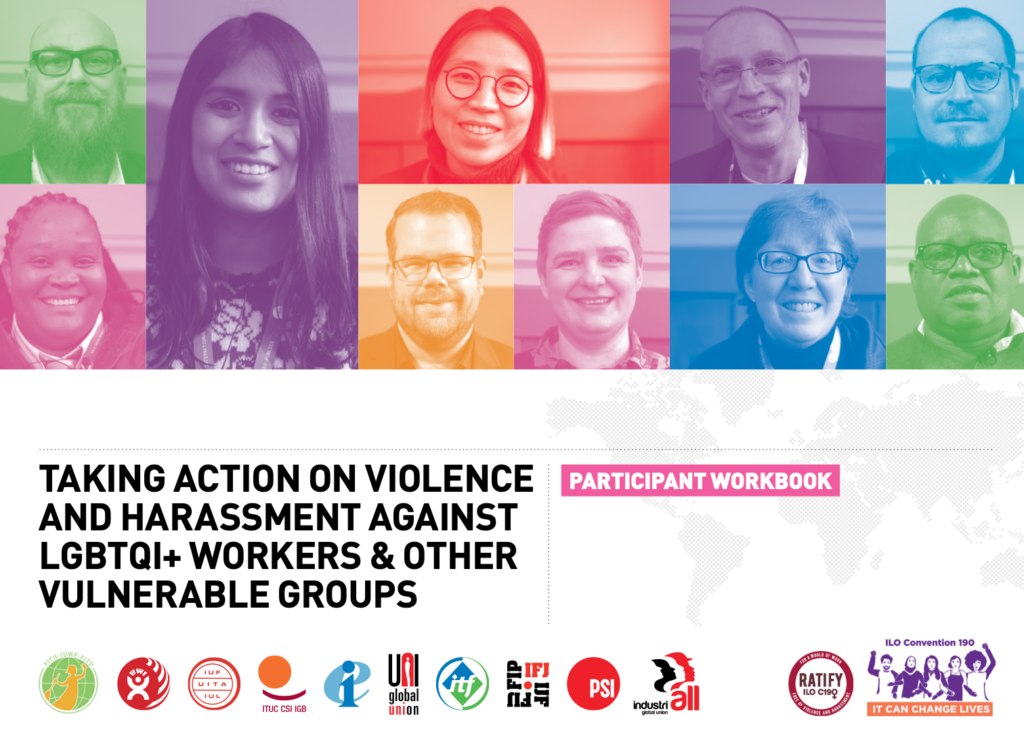From 8th-11th May 2024, GLI Manchester attended the Building & Woodworkers International (BWI) Global Youth Festival in Türkiye. The event marked 10 years of the BWI’s ongoing effort to mobilise young workers amid escalating economic, political and social challenges. 113 delegates came together from over 40 countries and 49 unions across 4 continents. The festival took place over 4 days and included discussions, workshops and activities addressing a range of topics from protecting young workers physical and mental health, digitalisation and automation in the workplace, climate crisis and just transition, migration and the fight for democracy.
As part of the festival, GLI facilitated two sessions. Through the sessions, GLI aimed to acknowledge the major existing challenges facing the international trade union movement, whilst also bringing to focus the huge number of examples from throughout history that can be drawn on to inspire further action and organisation today. Understanding the history of our international labour movement can help to inform our strategy, tactics and our political direction today.

Session 1: The Origins of Trade Unionism
The first session aimed to enable activists to develop a deeper understanding of the origins of trade unionism, and explored what could be learnt from these experiences. GLI gave a presentation introducing the origins and key developments that have shaped international labour solidarity, the main historical influences, and the origins of underlying values and principles. This included an exploration of the origins of trade unions, the influence of different radical political ideas, struggles for liberation and independence, the growth of the unions in the Global South, impact of war and revolution and the rise of international trade union structures.
In advance of the session, delegates were invited to share pictures and stories highlighting the history of the trade union movement in their country and sector.
The first session concluded with key questions for delegates to reflect on including:
- What are the politics of the international trade union organisations today?
- Do we, as BWI affiliated unions, share common political values and principles? What are they?
- Should BWI have a political agenda? If so, what should it be?
- In other words, what are we organising for?
Session 2: The Future of International Organisation
The second session encouraged activists to reflect on existing international structures and to consider their relevance to the movement today, whist also thinking about what the future role of the international trade union movement should be, with regards to protecting and advancing workers’ rights.
Delegates were asked to imagine that they were a delegate to the first ever Congress of a new international federation of construction and woodworkers. In groups, they were asked to discuss and decide:
- What should be the founding principles and values for this new federation that they expect all affiliates to uphold?
- What are the three most important issues they propose to be priorities for the new federation?
Delegates were organised into groups and asked to consider the questions, following which they came back together to present their proposals to the full congress.
Issues that participants highlighted included decent work; gender equality; climate change; migration; fighting against fascism; pay increases and improving the minimum living wage; safe working environment; democracy; equal pay for equal work; a better and more fair society; mental health; social justice; education of younger generations; solidarity strikes; capacity-build of unions; supporting NGOs; opportunities to network.
Key principles and values identified, as well as questions raised included:
- Respect, no discrimination and equal treatment of all members: What do we mean by equality? Do all trade unions have equal power within global union federations? What role does money play in these power relationships?
- Internationalism: a threat to workers anywhere is a threat to workers everywhere
- Respect for human rights
- Organisations need to be representative of all workers – including women, youth, and disabled workers: How can we make our unions more equal and representative?
- The need for strong internal democracy: What do we mean by internal democracy?
- Unity, solidarity and collaboration: What is and should be the relationship between trade unions in the Global South and Global North?
- Antifascism, freedom, peace: Are unions inherently political organisations?
- No workers organisation controlled from the outside can ever truly represent working people
- Relationship between trade unions and political parties: Should trade unions be affiliated to political parties? What do we mean by ‘independence’ from political parties? Should our unions be independent of ideology?
The sessions were designed to introduce activists to current important issues and debates within the international labour movement and their long histories. It was emphasised that the questions raised during the sessions were discussions that were also taking place in the leadership across the international trade union movement. The sessions highlighted the importance of reflecting on our history whilst also seeing our global union federations as living organisations.
To read the BWI’s article on the Global Youth Festival, click here.
The GLI session at the BWI Global Youth Festival is part of GLI’s History Project. In 2019, GLI launched a new programme on the history of the international trade union movement, including a book on the history of the international trade union movement, accompanied by education projects to be undertaken with national and international unions. Click here for more information about the GLI History Project.


